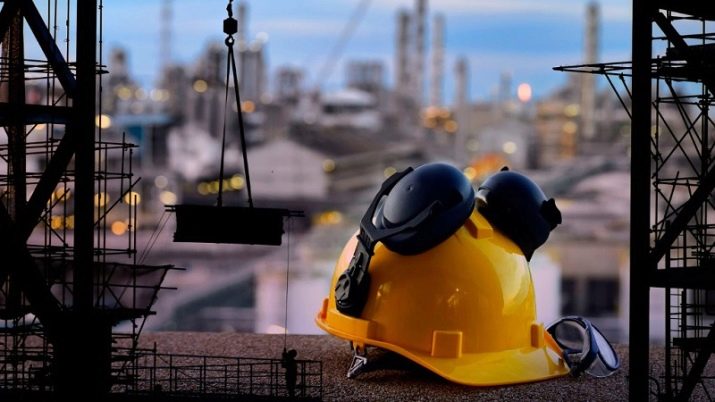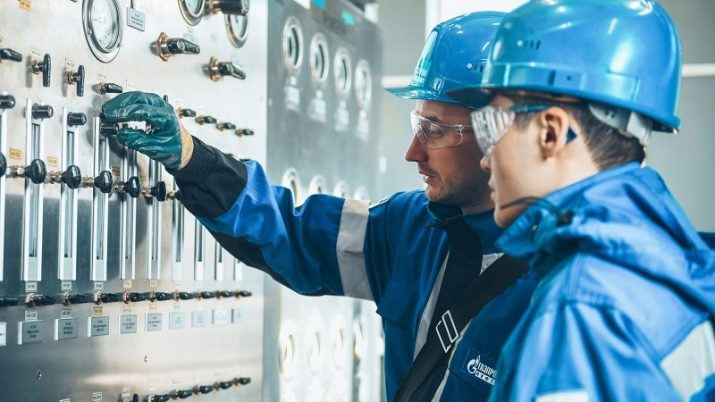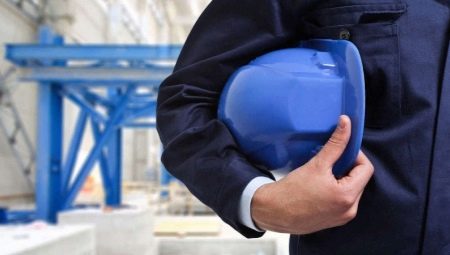It is difficult to find a person who would not hear about the profession of “engineer”. But few people know that there is a narrower focus - an industrial safety engineer. This specialization is very important in modern industrial production, and the normal functioning of enterprises depends on the performance of duties by such a specialist.
Features
The specialization of an industrial safety engineer in Russia is subject to a strict professional standard. There are many more private specializations, for example, a specialist in the safety of pressurized installations and lifting equipment. The professional standard necessarily prescribes to which sectors the employee's activity relates and what are his generalized, private labor functions. The ECTS exhaustively describes the basic information that a safety engineer needs to successfully fulfill his duties.
The document introduces the concepts of the first and second categories within the framework of this specialization.

Responsibilities
According to a typical job description, lead industrial safety engineer obliged to manage the maintenance of production order in the structural units of the organization. He is also engaged in conducting comprehensive and targeted inspections of the state of industrial safety. In accordance with the results of such checks Engineer prepares a report to guide the organization, where notes either full compliance with regulatory requirements, or a list of necessary measures. This specialist also develops plans to deal with accidents and other incidents. Such plans shall indicate:
- what are the preventive measures;
- what are the measures for timely detection;
- what should be the actions for the prompt elimination of consequences;
- how to minimize the harmful effects of various factors on people and property;
- how to eliminate the consequences of the accident as soon as possible;
- how will interaction with “external” emergency rescue units and structures be established.
But the industrial safety engineer is still necessarily monitors all new technologies and production facilities. It takes into account their specific risks - both individually and in conjunction with other installed equipment, with other technological processes. If any accident or minor emergency occurs, he takes an active part in the investigation. Following the results of investigations, he prepares documents to eliminate the causes and for special briefings. Wherever there are dangerous objects, an engineer examines their condition.
It is he who will draw up instructions and instructions for workers on safety measures. It will be up to him to ensure that all equipment tests and his ongoing inspections occur on schedule. And it is precisely the safety engineer who is asked to queue for decommissioning catastrophically dangerous equipment. This specialist also checks whether the licensing requirements for the work are met. And also evaluates the professionalism of other employees from their position.

Knowledge and skills
An industrial safety engineer must know:
- basic laws of the country and region in their industry;
- departmental and interdepartmental, regional regulatory acts;
- instructions and orders of management;
- main threats to a specific production, methods of control over them;
- hazardous levels of various production factors;
- signs of wear and damage to equipment, process violations;
- the basics of labor law;
- environmental, fire and sanitary safety requirements;
- emergency response measures;
- first aid measures;
- basics of office work;
- structure of your organization;
- probable claims by regulatory authorities and ways to object to them.
You will also need to know:
- features of personal protective equipment;
- the procedure for the use of personal protective equipment;
- internal algorithms for the operation of production facilities;
- instructions for the operation and repair of equipment;
- standard operating life of equipment;
- characteristic signs of damage by various harmful factors in the workplace;
- natural threats likely in the area.

Education
Obtaining the profession of industrial safety engineer, of course, is possible in Moscow and St. Petersburg. A good example would be the curriculum of St. Petersburg University of Industrial Technology and Design and MPEI, respectively. But training in this specialty is also being conducted in the regions of Russia. For example, at the Technical University of Volgograd, at the South Ural University, at UrFU, OmSTU. A similar specialization can be found in:
- Kuban State University;
- Aviation Technical University of Ufa;
- Togliatti State University;
- Sevastopol State University;
- Perm Research University;
- Far Eastern University of Railways;
- Kazan National Research Technological University;
- Novosibirsk Agrarian University;
- Kuzbass Technical University;
- Belgorod Technical University named after Shukhov.
Job
An industrial safety engineer can work in an enterprise of any form of ownership and profile of activity. The exception is narrow specialists who specialize in a particular industry. A related specialization is fire safety engineer.
The minimum wage of such a specialist in Russia is now 28,000 rubles. The average level is 43 thousand rubles.











